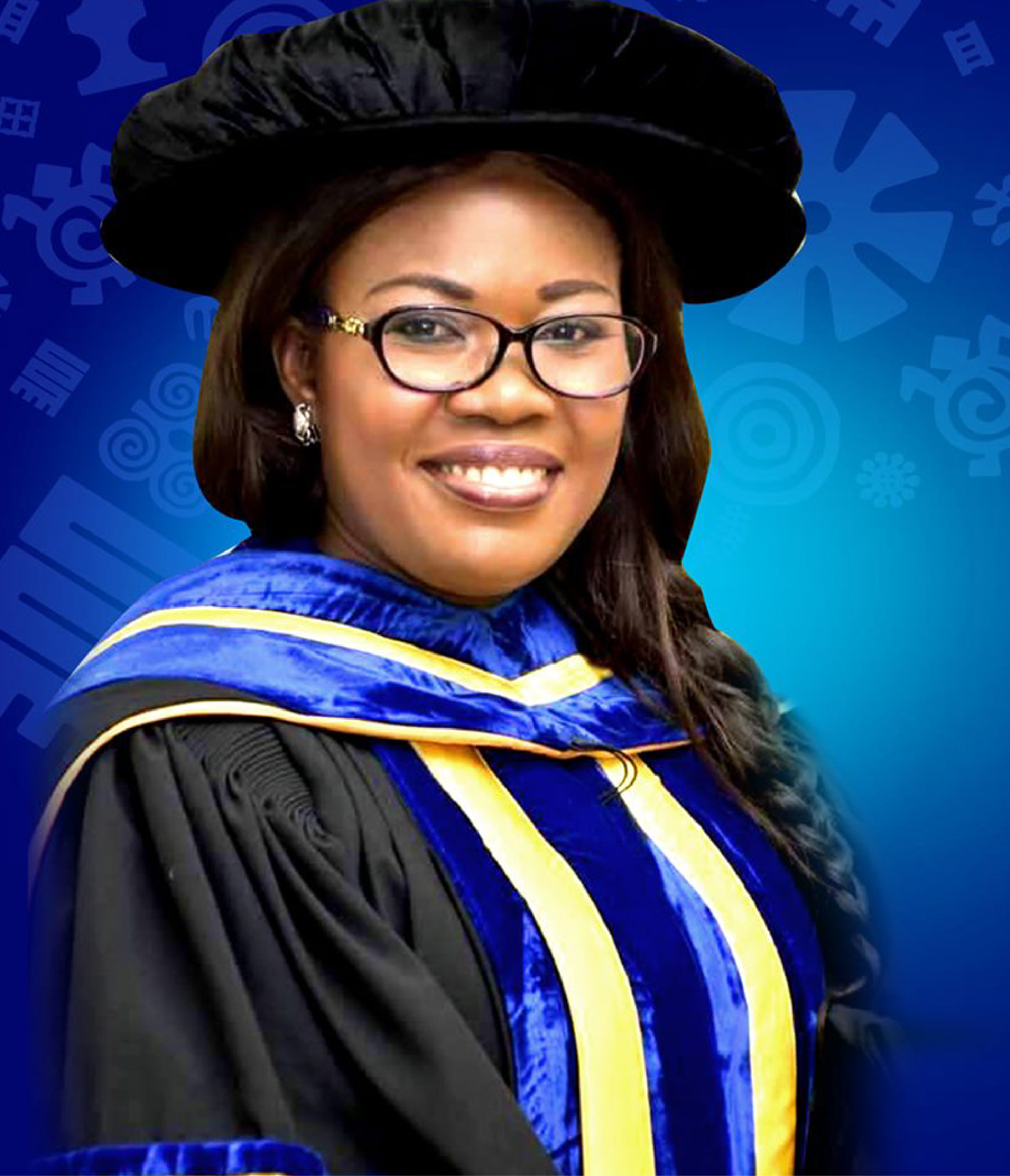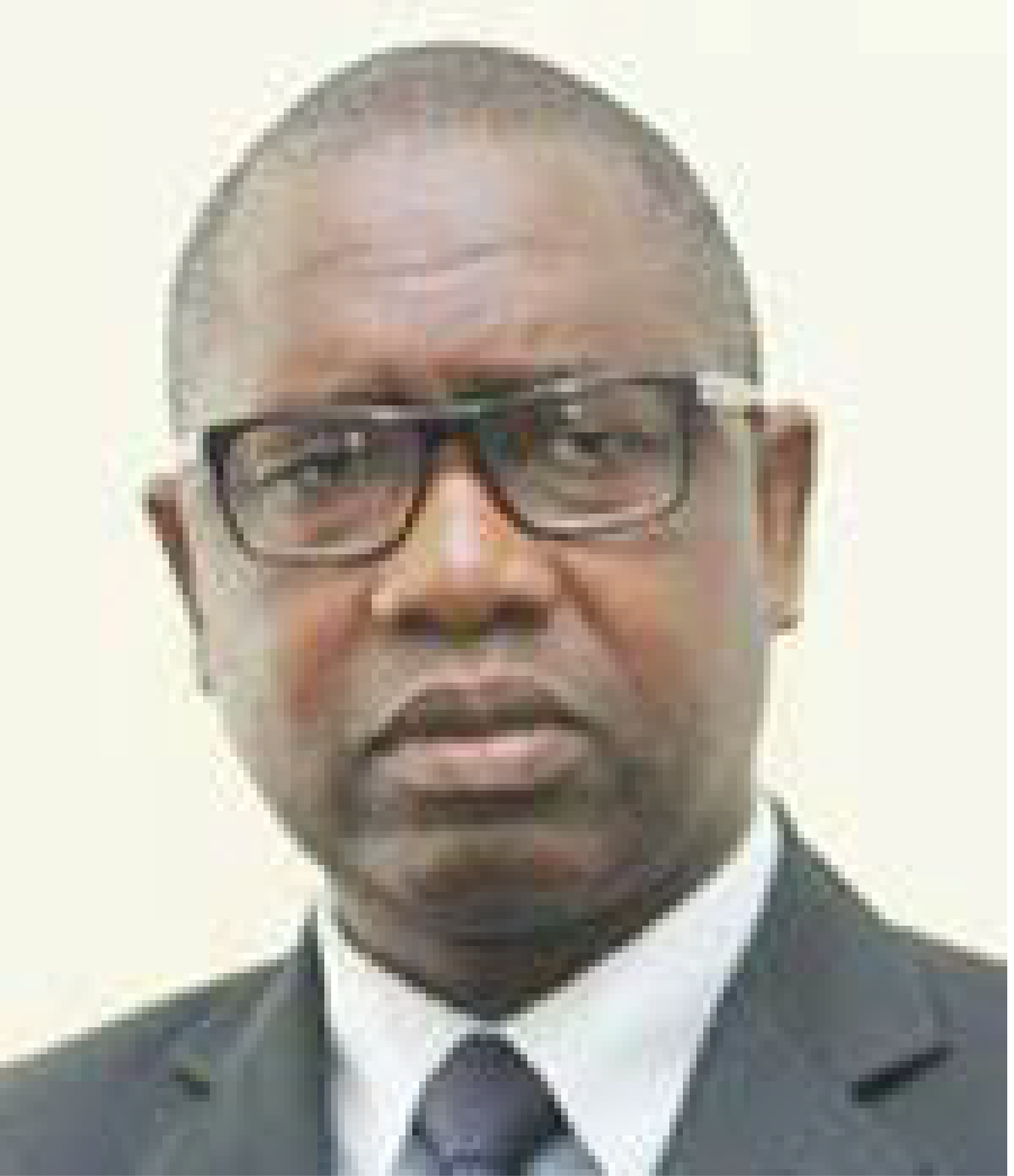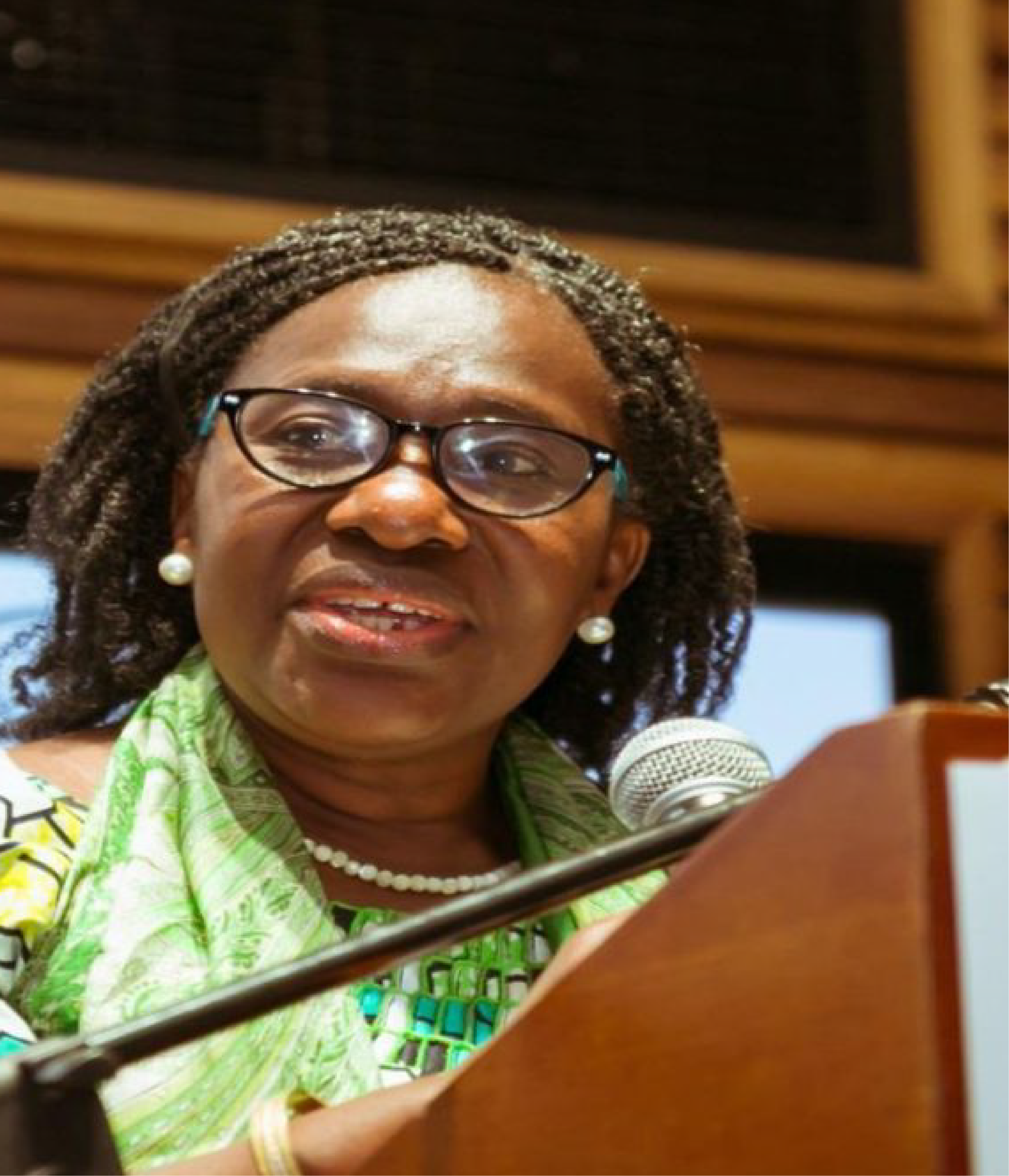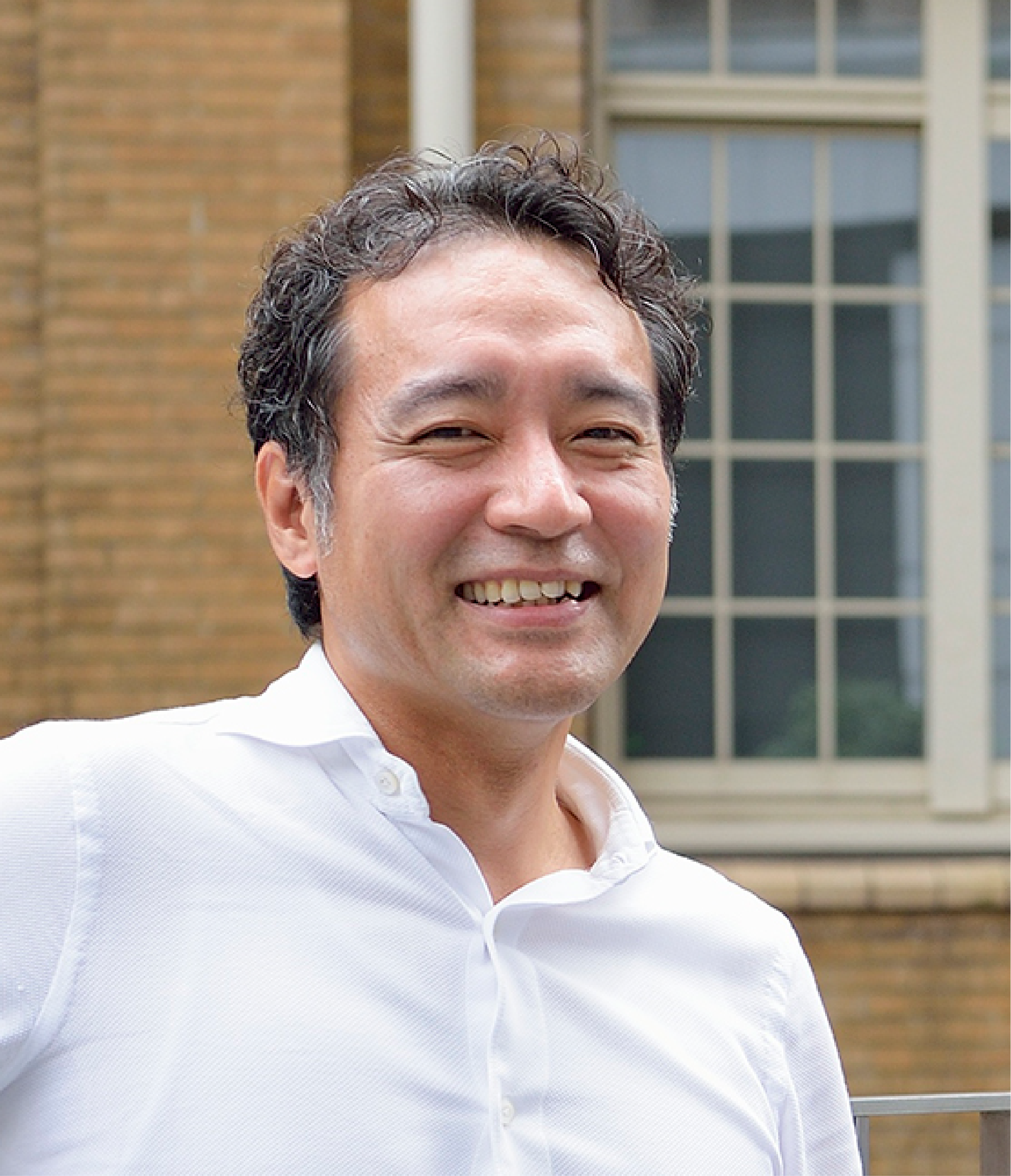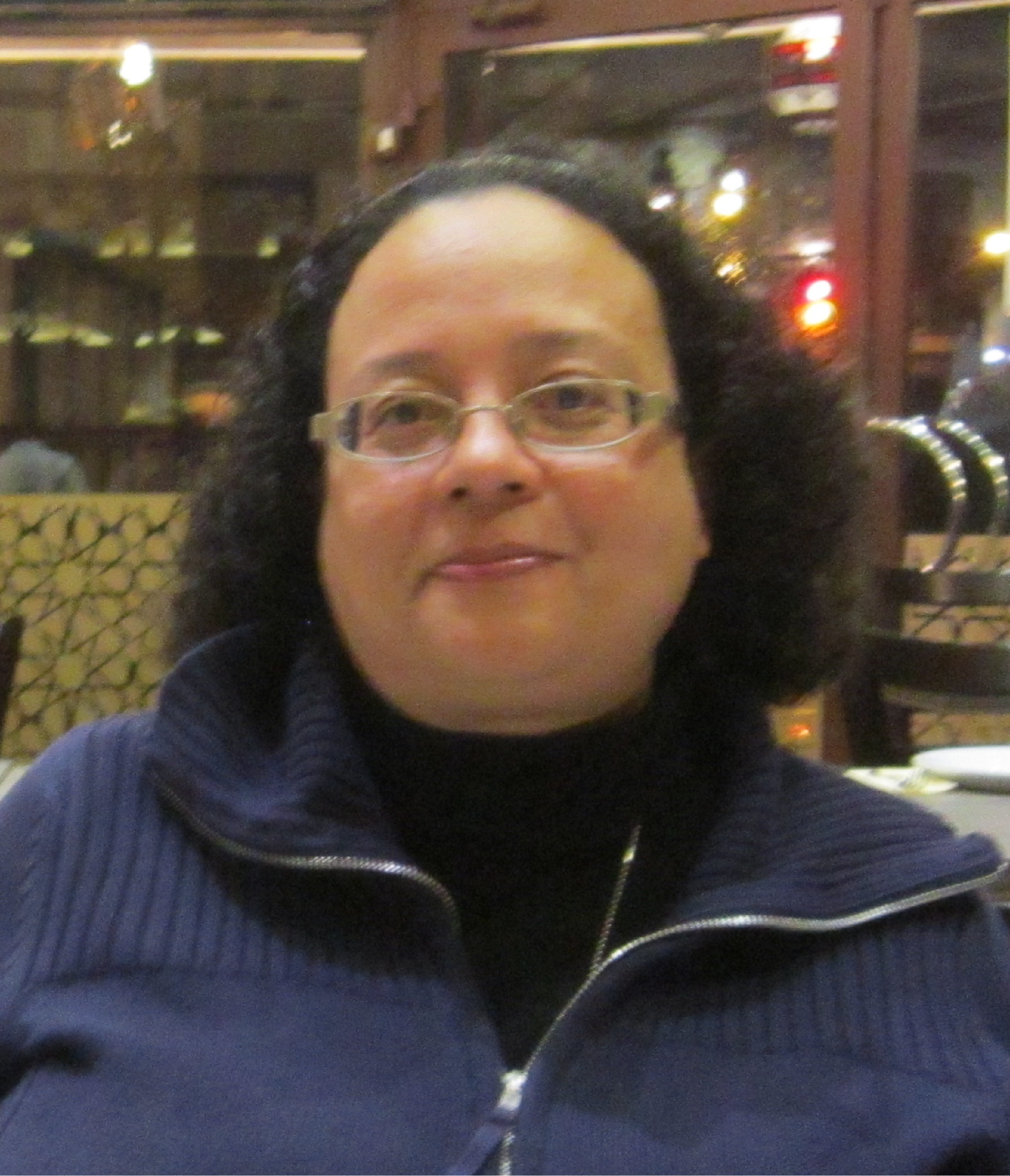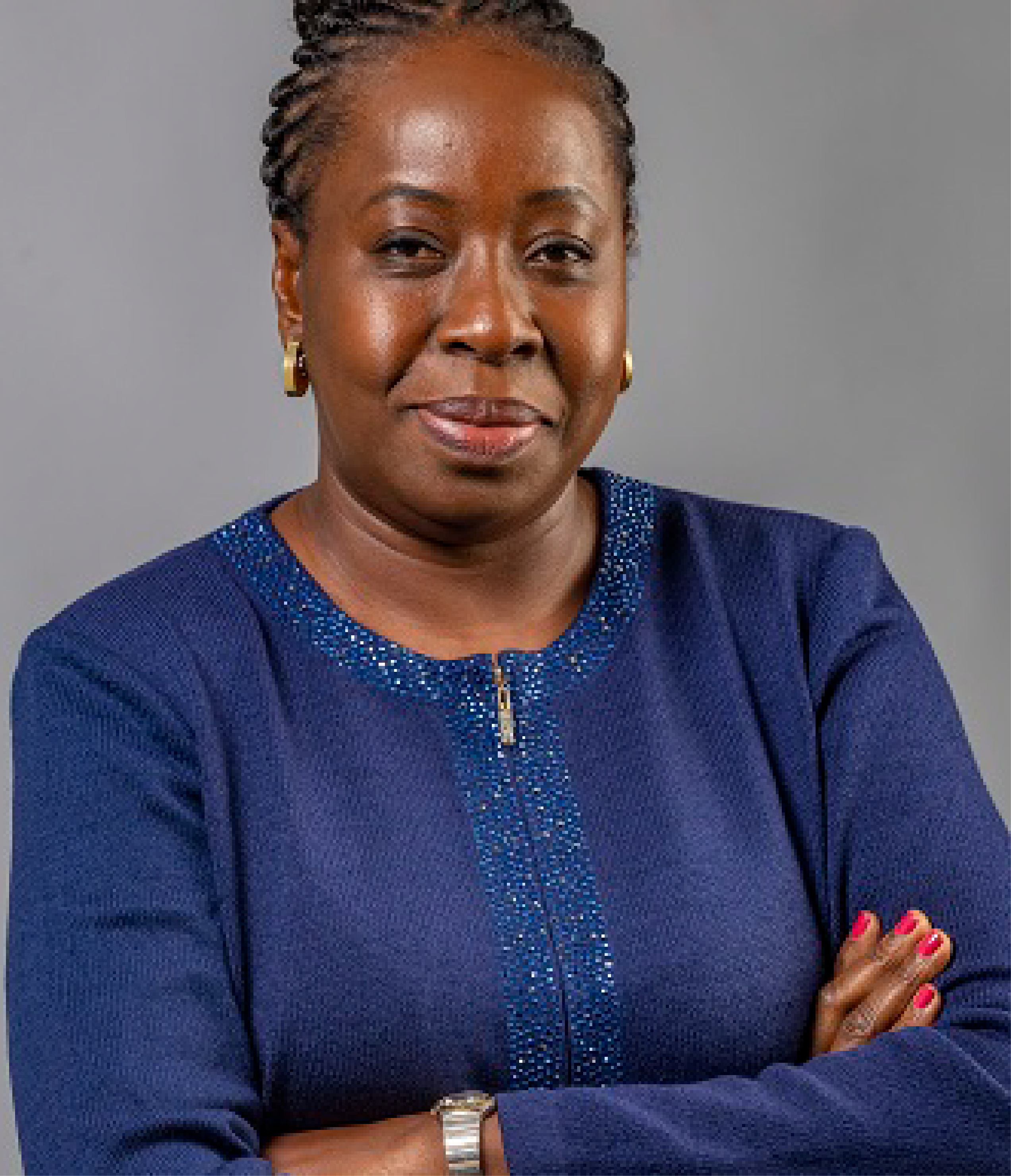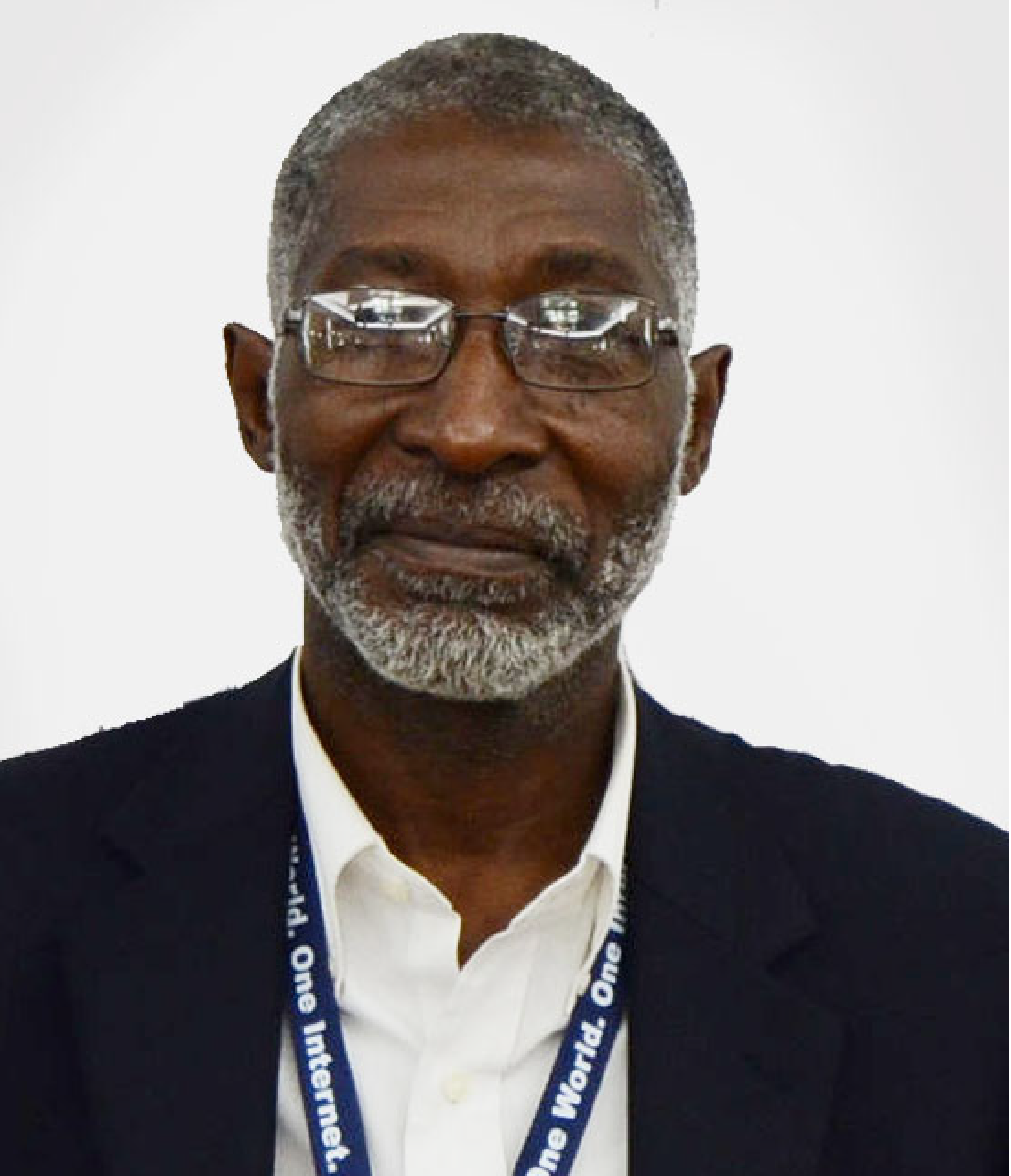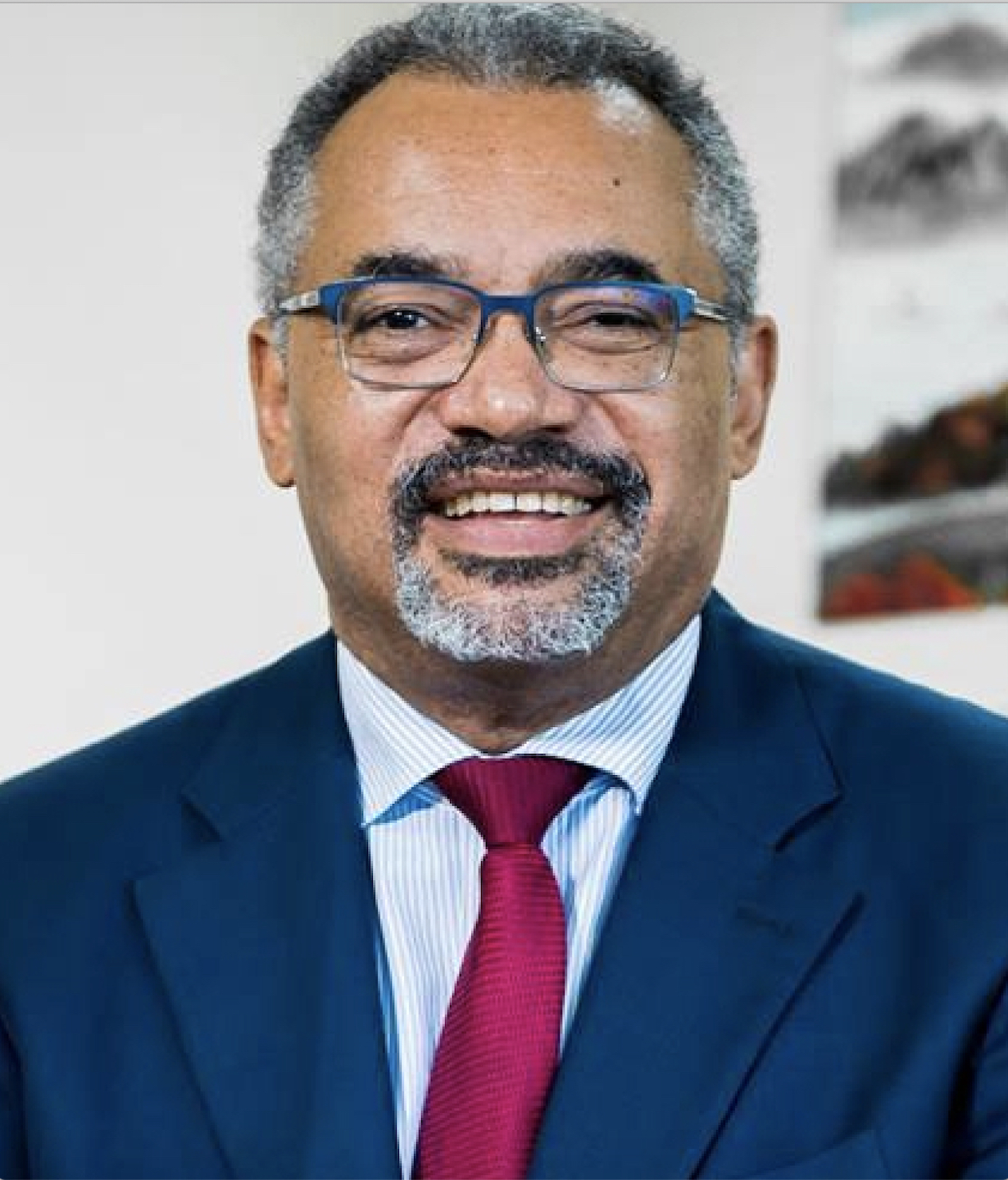Professor Goski Alabi is an accomplished academic, practitioner and entrepreneur with experience in academia, consultancy, and regulations. She is a Professor of Quality Management and Leadership and holds B.Sc. in Chemistry and a Diploma in Education from the University of Cape Coast, an M. Phil. in Food Science from the University of Ghana, Legon, a Doctor of Business Administration from the Swiss Management Centre, and a Ph.D. in Business Administration from Central University of Nicaragua.
Prof. Goski is currently the Dean of the Centre for International Education and Collaboration at the University for Professional Studies, Accra and served as the Founding Dean of the School of Graduate Studies at the University. As the Founding Dean she grew the School from zero to 1000 students in six short years. She is a Quality Management professional of the highest order. She is a Chartered Quality Professional (CQP) from the Chartered Quality Institute, UK. She has consulted widely, and has published over 70 scholarly journal articles, books conference and technical papers. Prof. Goski Alabi proposed and facilitated the establishment of the Otumfuo Centre for Traditional Leadership and the Drolor Centre for Strategic Leadership, two leadership centres of excellence in Ghana. Prof. Goski is passionate about open supported teaching and learning and is the co-founder of Laweh Open University College.
